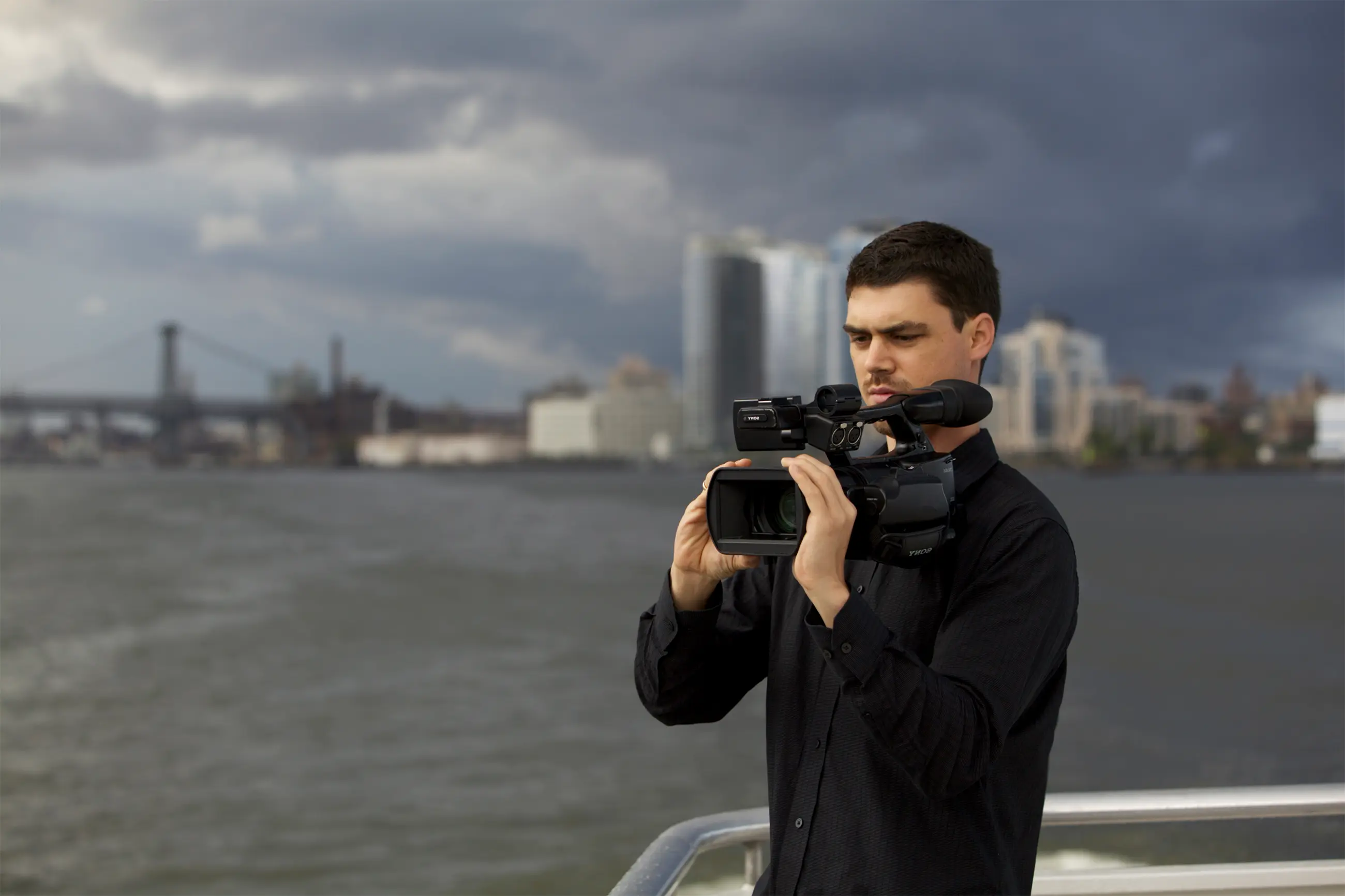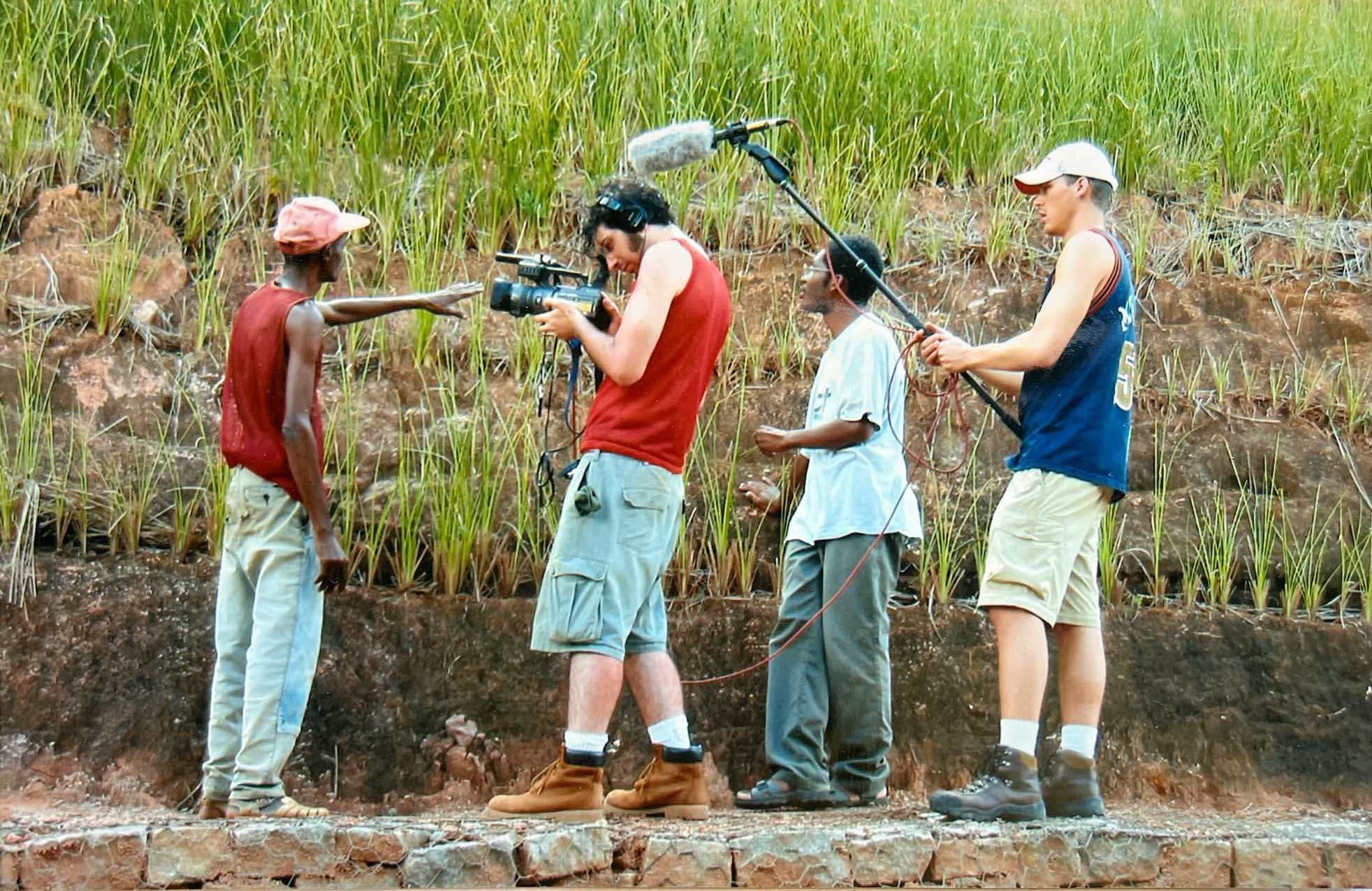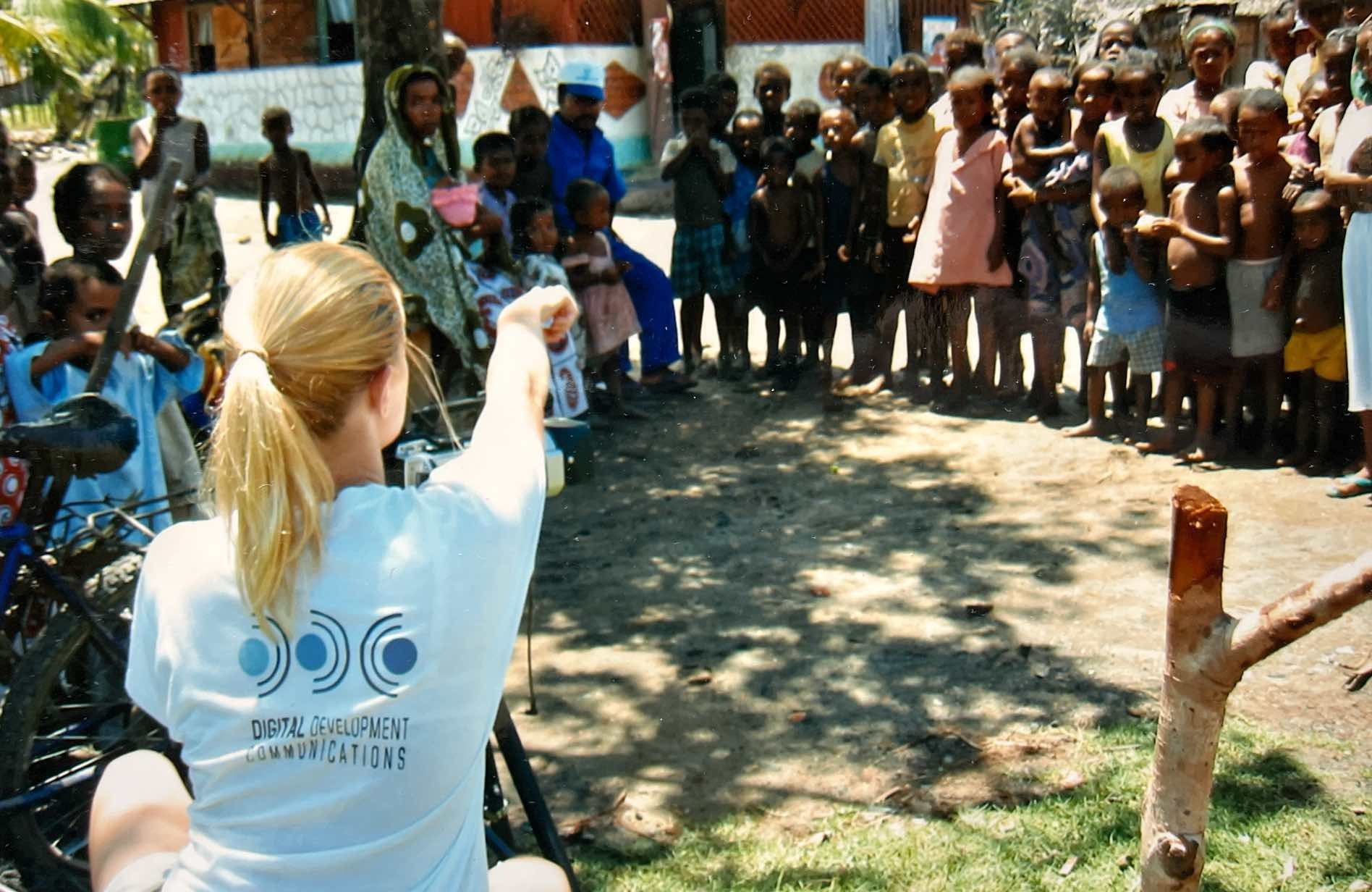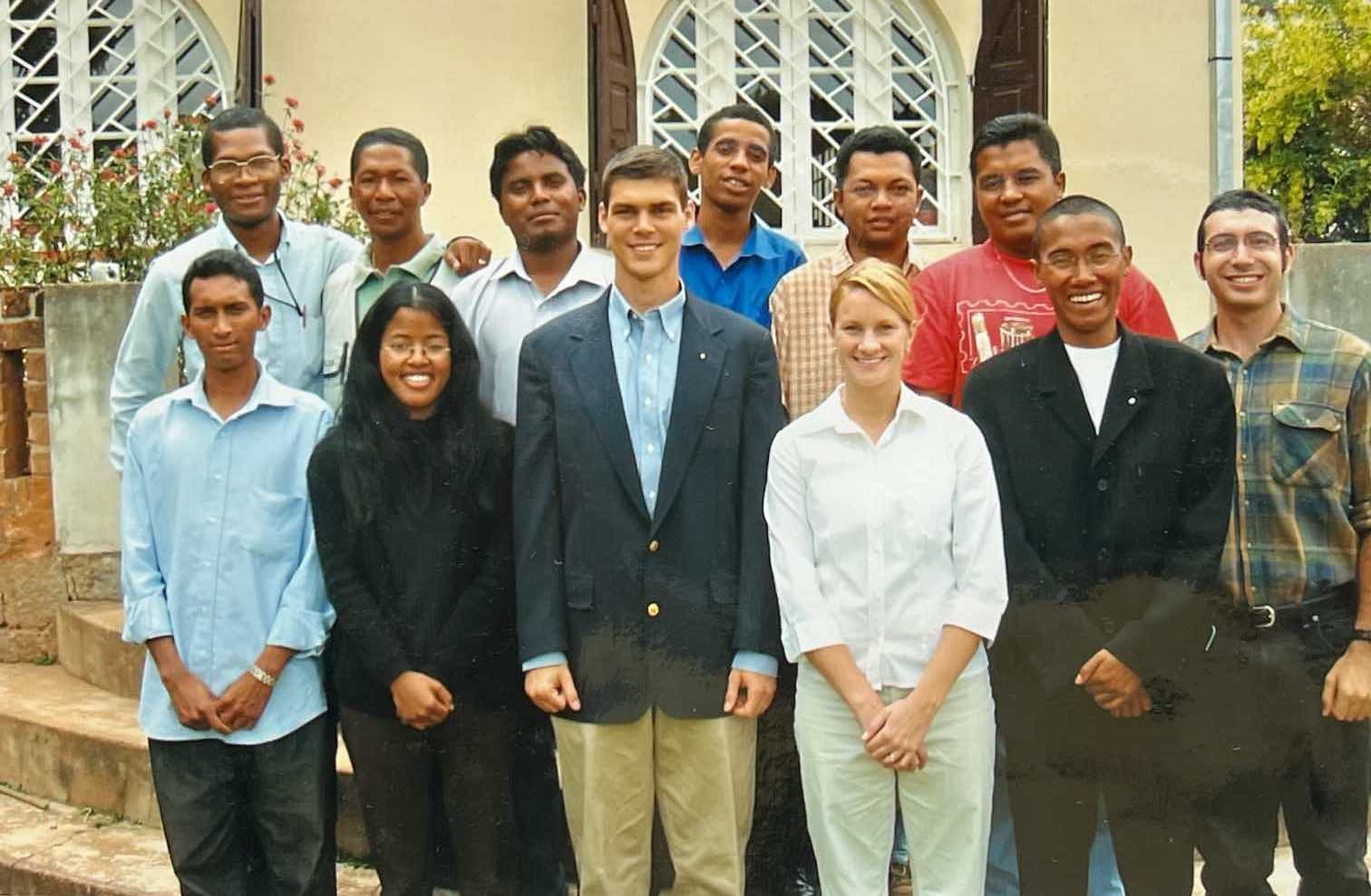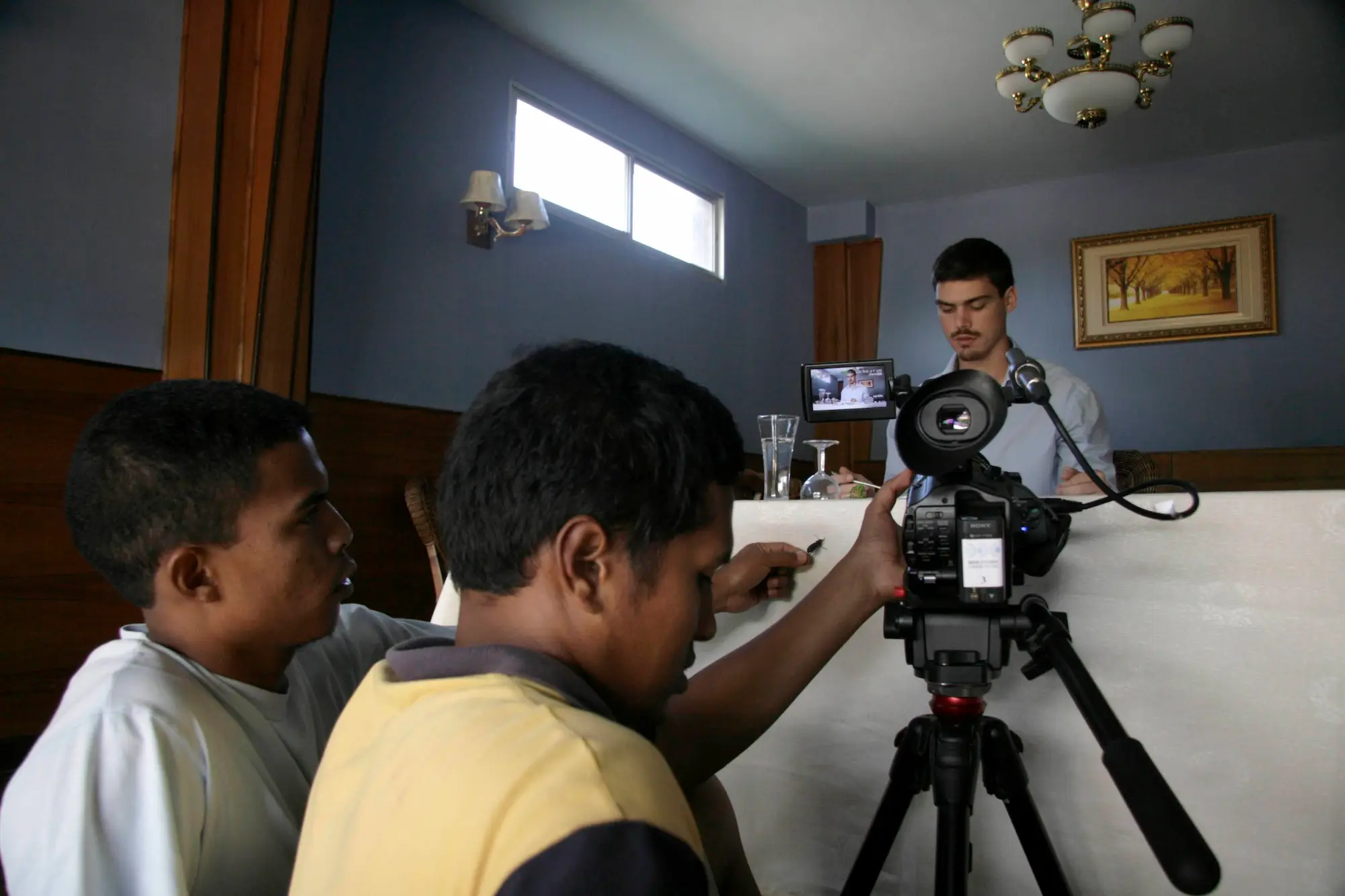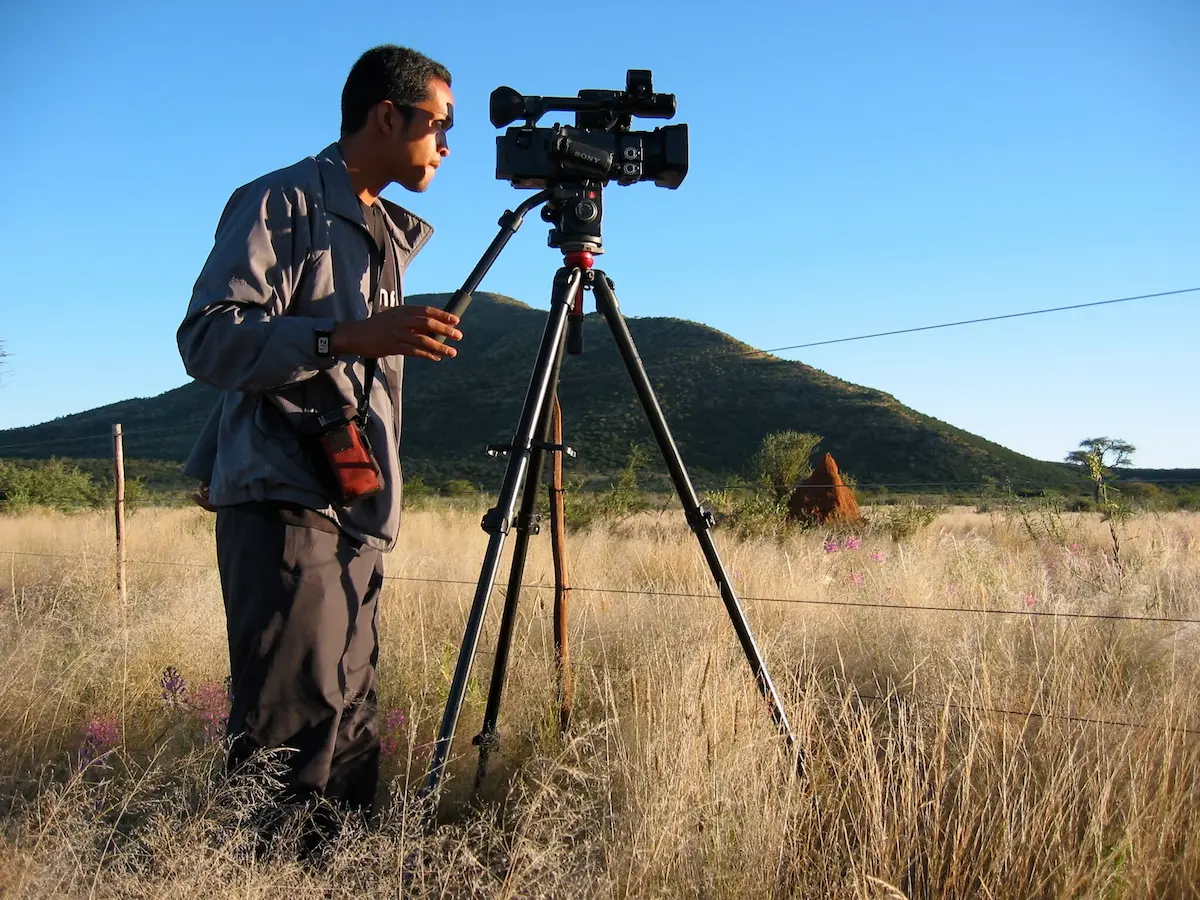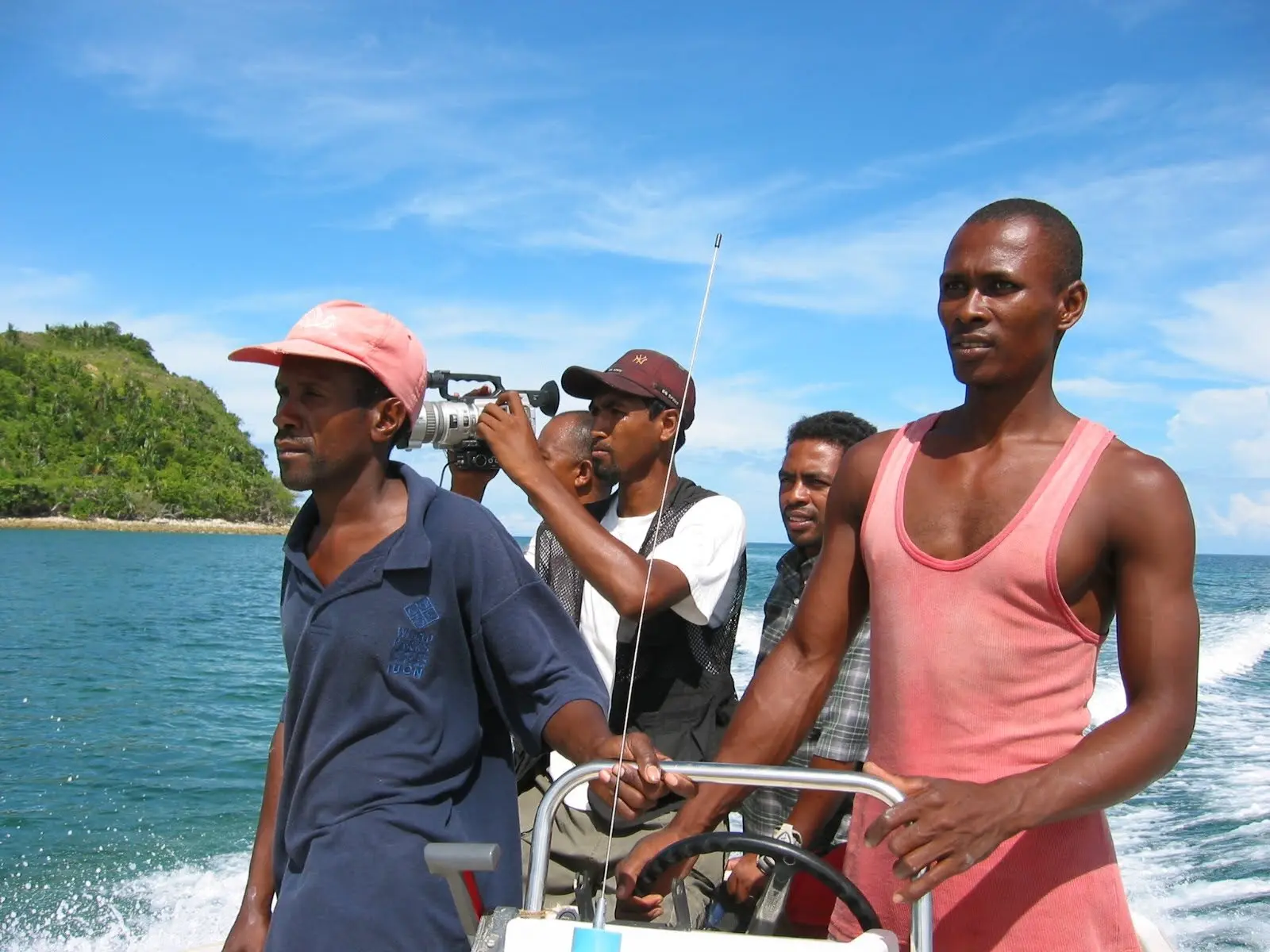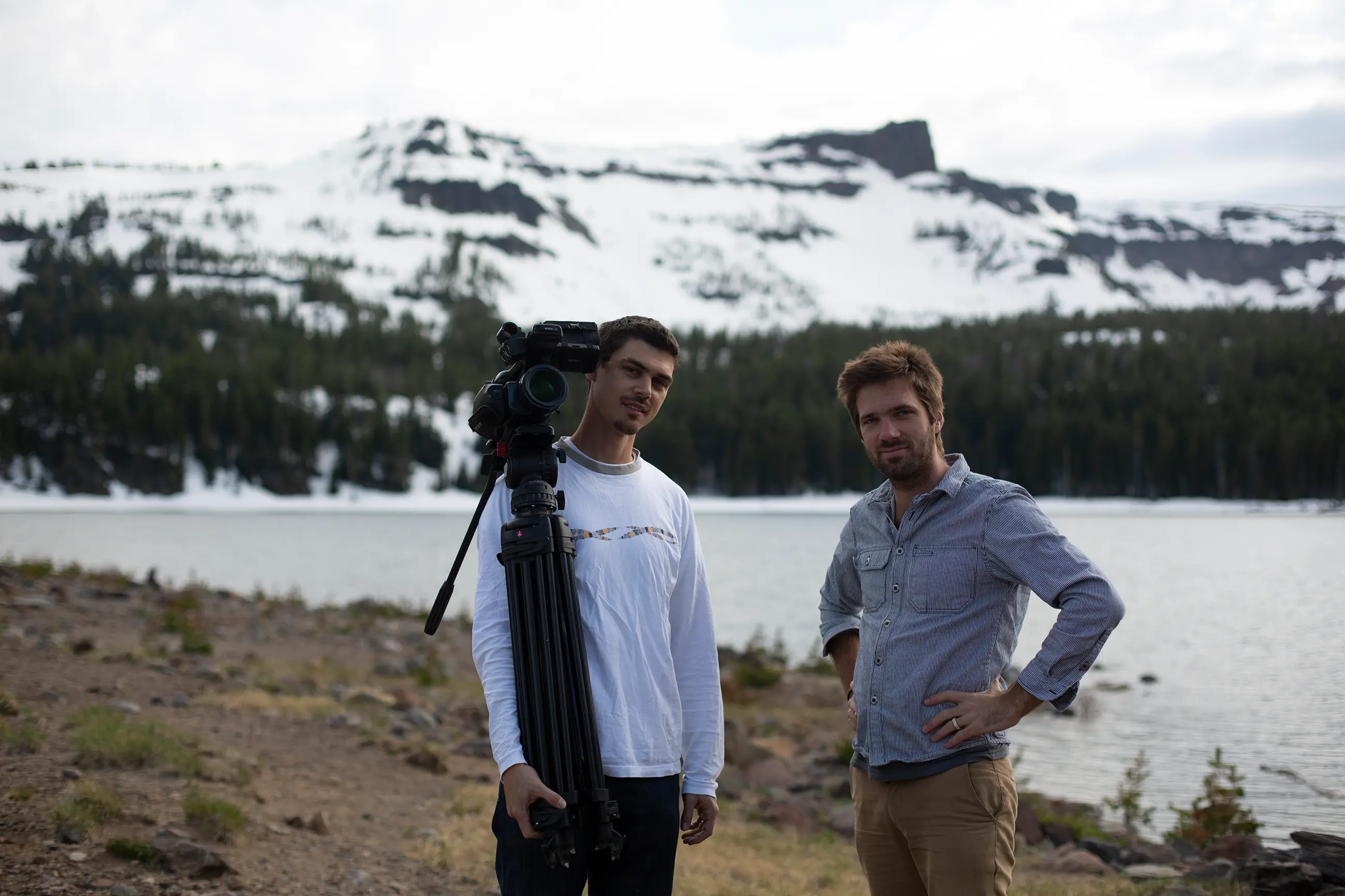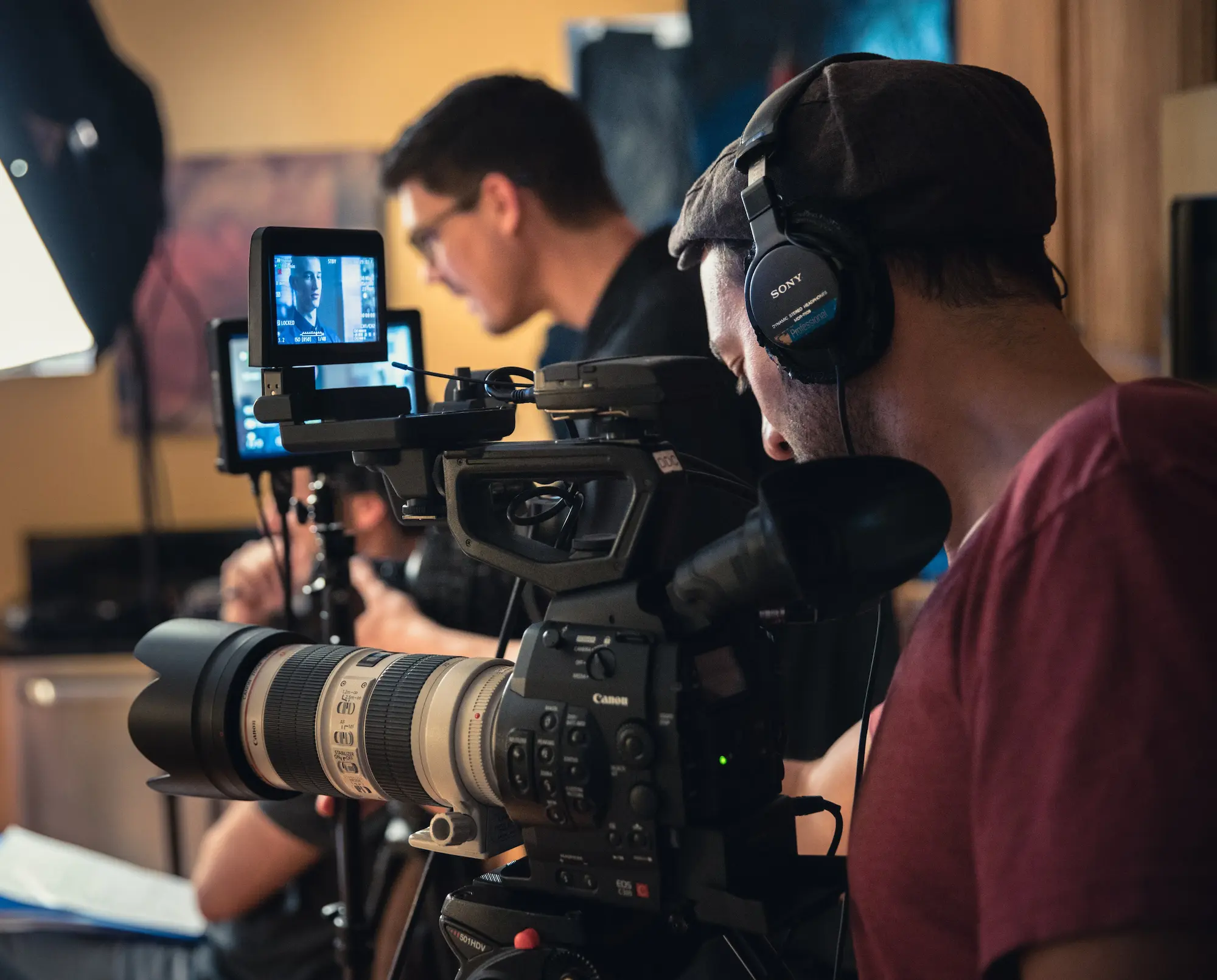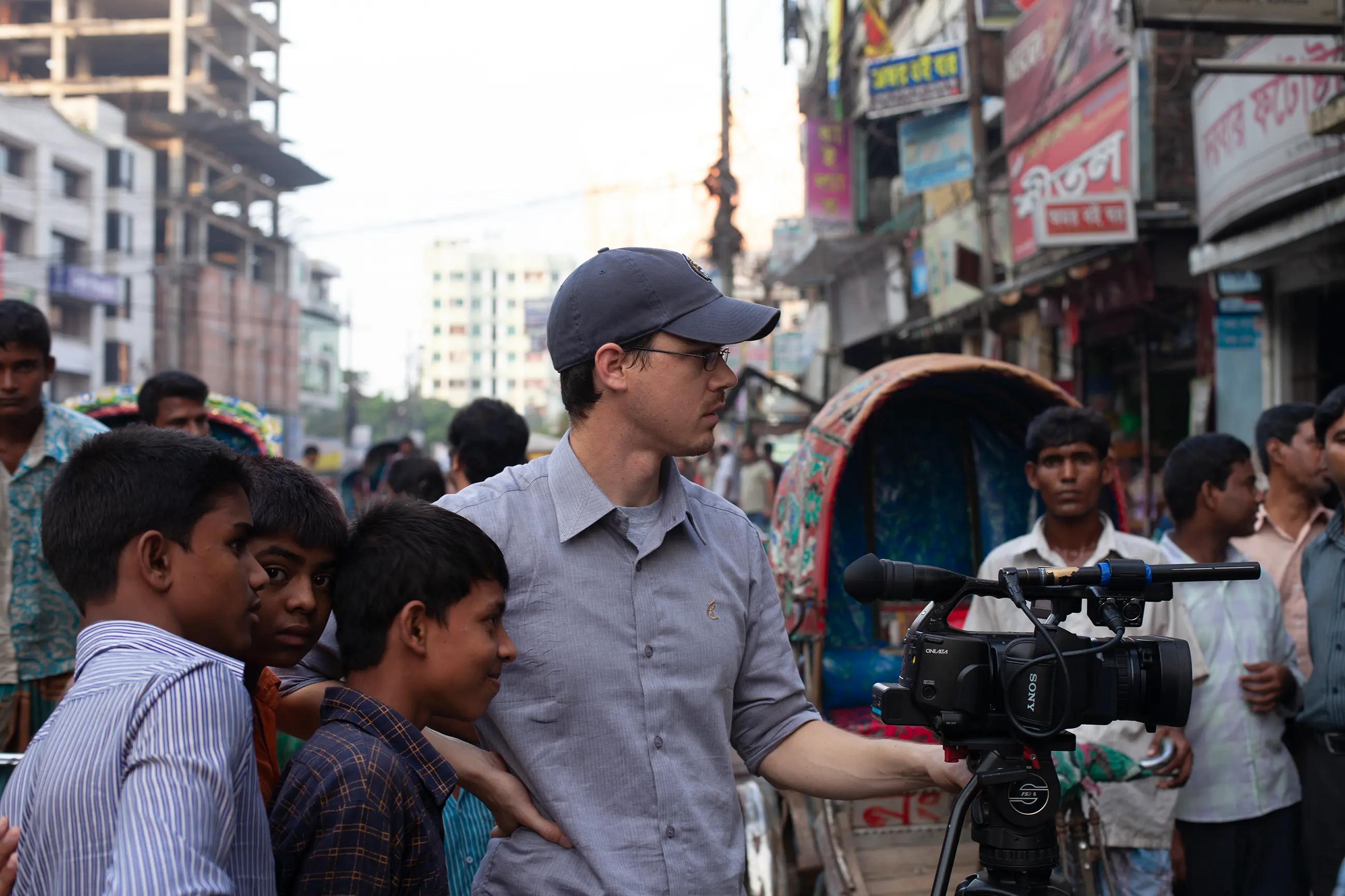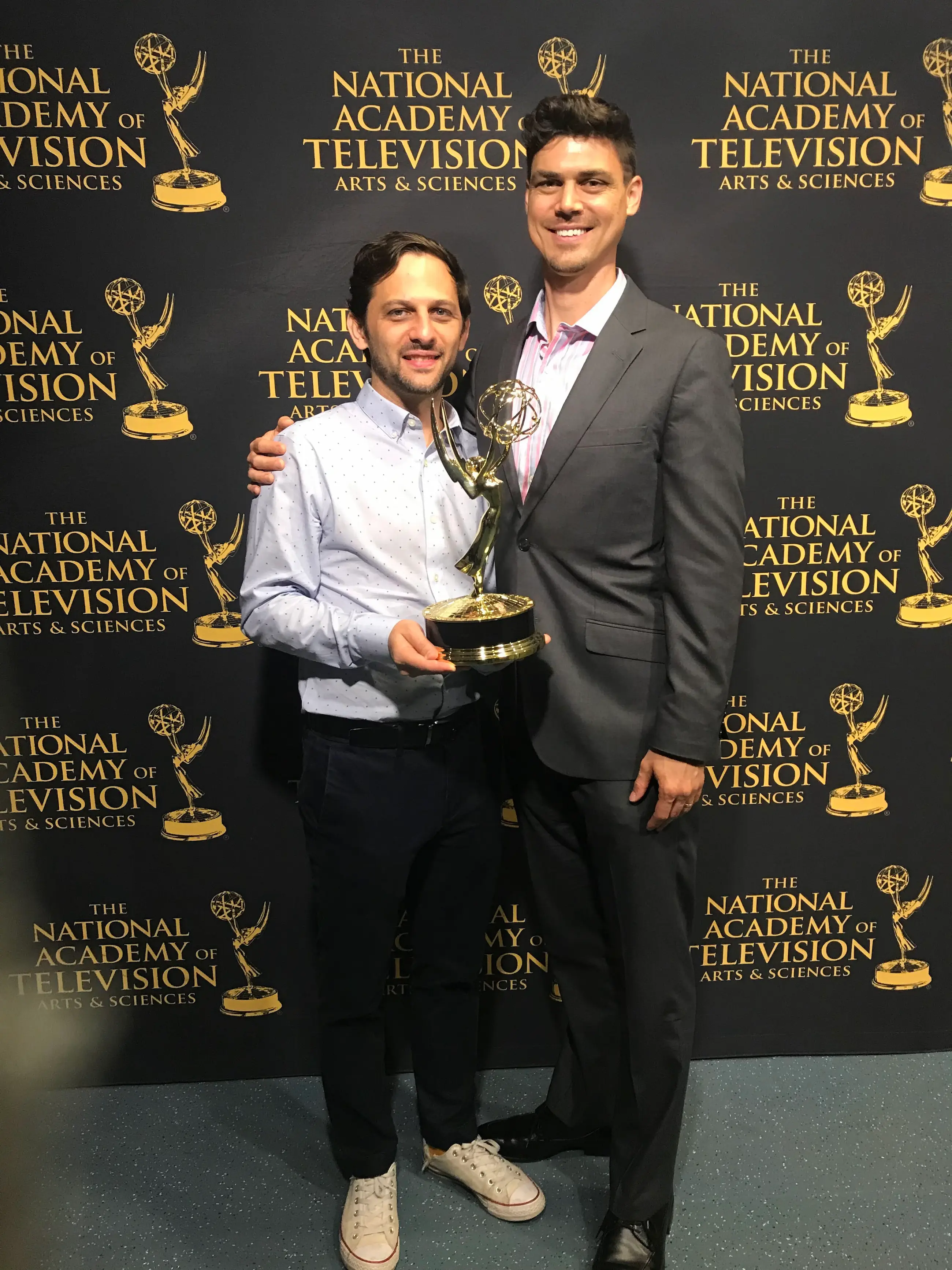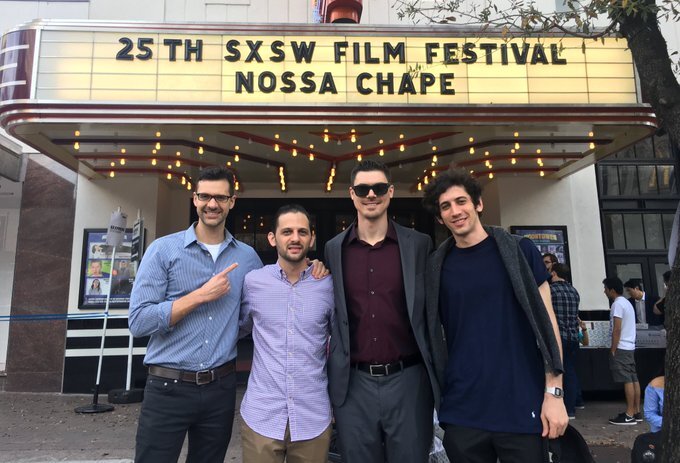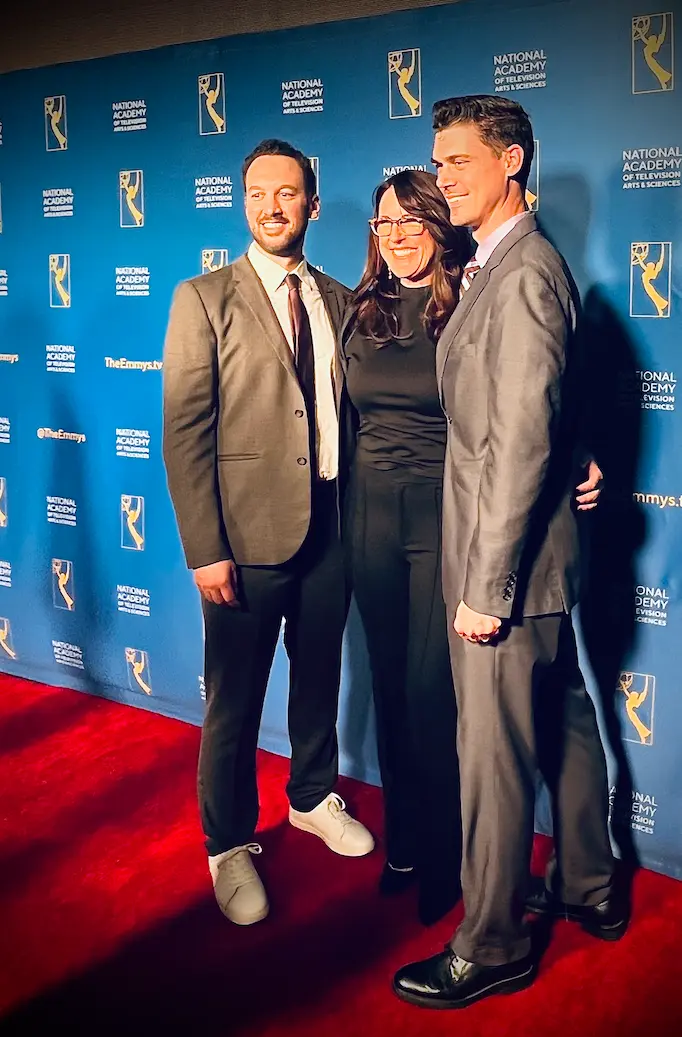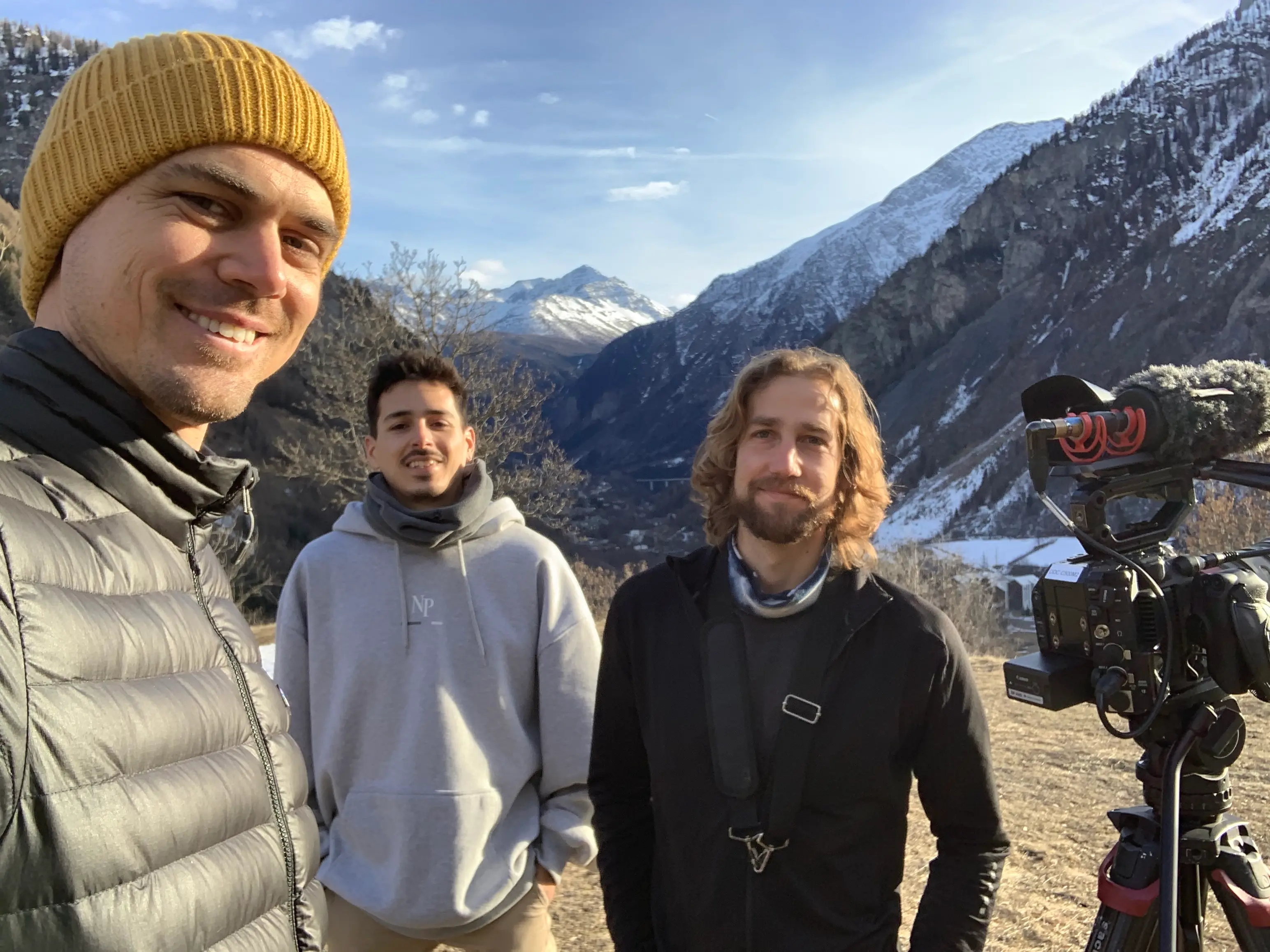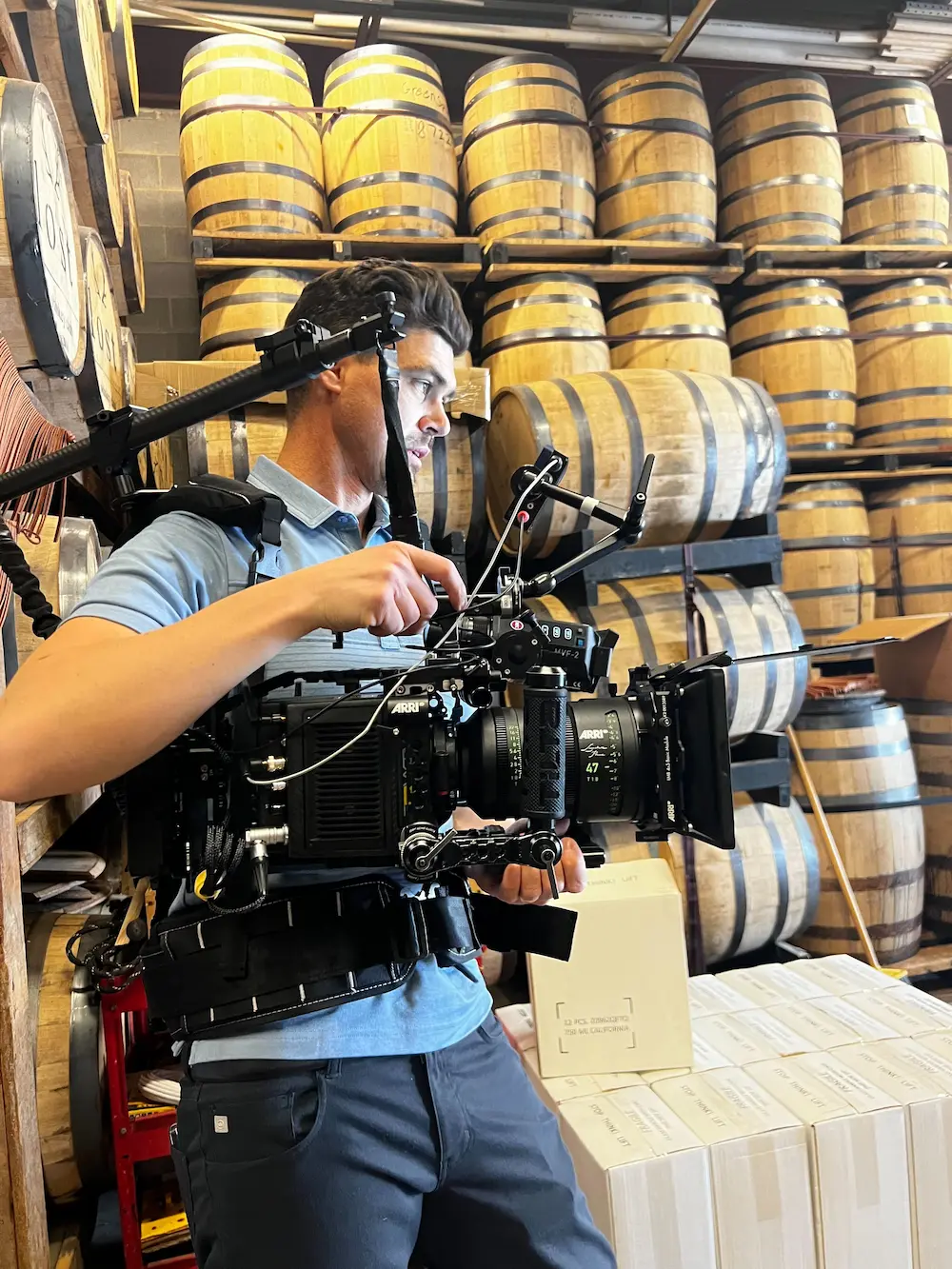Every opportunity starts with a disappointment. The path that led me to becoming a filmmaker began in early 2003, a few months before graduating from college, when I found out that I was not awarded a Fulbright Fellowship. Suddenly, I realized that I didn't have a plan for that summer and beyond. I'm not sure where this next idea came from, exactly, but within days, I was calling my cousin Jack Gordon, who was finishing up his junior year studying film at Emerson College in Boston, and pitching him on the idea of traveling to Madagascar for two months to create a film about an integrated population, health, and environment program called "Madagascar Green Healthy Communities." A few months later, we were stepping off the plane in Antananarivo, Madagascar, and beginning a journey that continues to this day.
Less than a year later, I was back in Madagascar with Jack and my wife Ann, and together we were running the production company we founded: Digital Development Communications. The story of that company is well-documented through this TEDx talk, but the cliff notes version is that the extent of my filmmaking ability prior to starting DDC-International in Madagascar was shooting a couple of home videos and school projects, and here I was producing films as my main source of income, with a family, in a foreign country!
Fortunately, I was learning from the most talented filmmakers in Madagascar, and we were hosting a steady stream of amazing international filmmakers, including Giovanni Autran, Andrew Young, Bill Bowles, Matt Ginsburg, Nichole McKinley-Hahn, Patrick Papania and countless others. This melange of mentors shaped my approach to production, but none more so than Rado Andriamanisa and Mamihasina Ramonoso, two Malagasy filmmakers who joined DDC and showed me what was possible, both with a camera in your hand and in the editing room.

